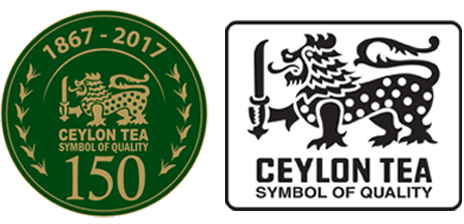Antioxidants work to prevent the body’s version of rust and thus help to keep us young and protect us from damage from pollution. Load up on antioxidants with a white tea, which is less processed than black or green tea so it retains more beneficial antioxidants.
Herbal blends have no caffeine, while traditional teas have less than 50% of what typically is found in coffee. That means you can consume it without those pesky effects on your nervous system, says Leslie Bonci, nutritionist and owner of Active Eating Advice.
“There’s a lot of literature out there on tea and heart health,” said Anna Ardine, clinical nutrition manager at Magee-Womens Hospital of the University of Pittsburgh Medical Center. “This is a health effect for which there is the strongest evidence.”
In fact, a study published in 2016 that combined data from a host of earlier reports found a nearly 20% reduction in the risk of heart attack and a 35% reduced risk of stroke among those who drank one to three cups of green tea a day. Those who drank four or more cups of green tea daily had a 32% reduction in the risk of having a heart attack and lower levels of LDL cholesterol. Four cups of green tea may keep you running to the bathroom, but you can get the same benefit from drinking one cup of matcha tea, which is made from ground green tea leaves and is said to be the nutritional equivalent of 10 cups of regular green tea.
Research on this isn’t as strong, Ardine said, adding that studies that have shown an effect have depended on consumption of large amounts of tea, often in pill form.
Data from recent animal studies has shown that green tea may prevent bone loss. Moringa, a plant that’s native to South Asia, has been known for its medicinal properties and is now quickly becoming a mainstream superfood. With more calcium than milk, as well as iron, vitamin A and K, moringa tea is a great addition to help keep those bones strong.
“Japanese researchers have found that tea can decrease tooth loss,” Ardine said. “It changes the pH in your mouth when you drink it and that may be what prevents cavities.” Beyond that, tea, unlike many other beverages does not appear to erode tooth enamel, Bonci said.
Studies have shown tea can tune up immune cells so they reach their targets quicker. Holy basil or tulsi tea has been used by Ayurvedic practitioners for centuries to help keep the immune system strong after injuries or illnesses thanks to its antibacterial, anti-fungal and anti-inflammatory properties.
Studies on this are currently mixed, which means more research is needed, Bonci says. But, in the meantime, “if you’ve got a strong family history of cancer and you want to do anything you can, you might increase your tea consumption,” she added.
“Herbal teas, in particular chamomile, can be good for people with irritable bowel syndrome because it is an antispasmodic,” Bonci said. “And ginger teas can calm nausea.” Get a dose of both with a ginger chamomile tea.
“It’s a great no-calorie alternative to water,” Bonci said. “It provides so many options for flavor and versatility. You can have it hot or cold. And you don’t have to put anything in it, though you might want to add a cinnamon stick or some ginger. That means you’re able to hydrate with something other than water alone.”
Get yourself a cannister of Teabloom’s fruit and green tea variety packs and you’ll never get bored — or miss the sugar. With all-natural flavors like pineapple, acai berry, strawberry and litchi, you can easily keep your palate pleased.
